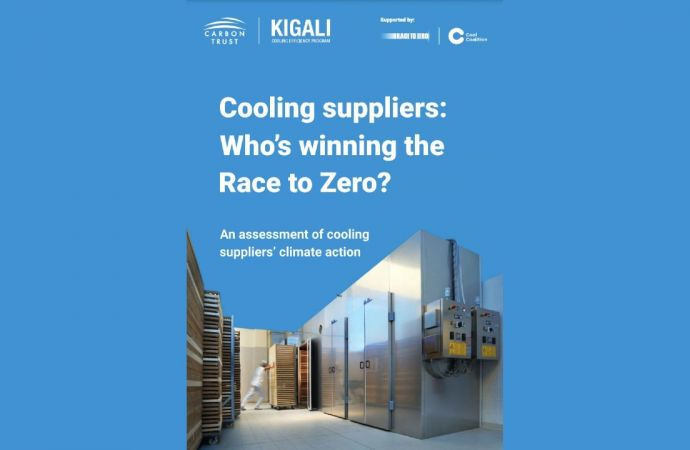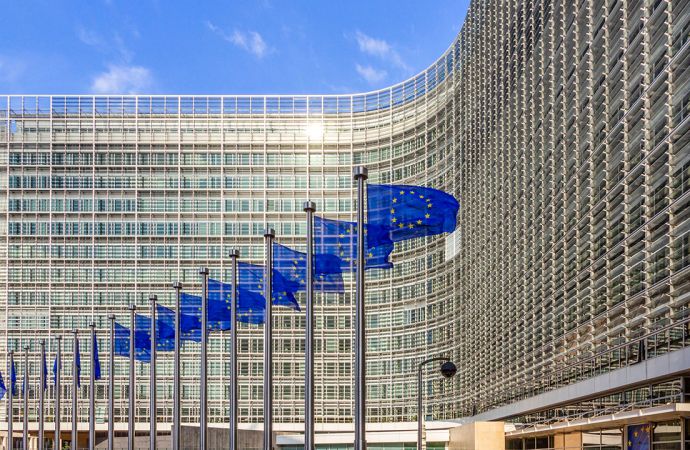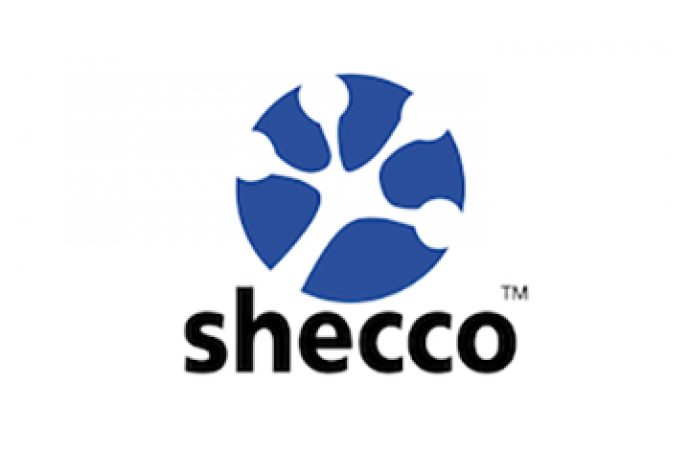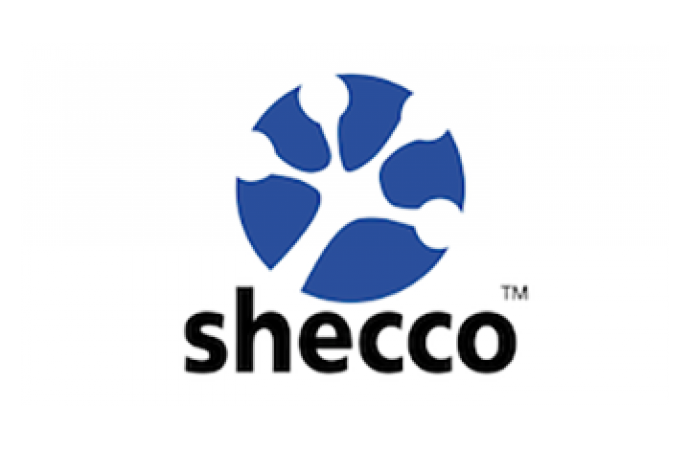An official inauguration workshop on 5 May marked the start of a joint project to support the uptake of natural refrigerants in The Gambia by UNIDO, the Gambian Government, the Gambia Technical Training Institute and shecco. In an attempt to help The Gambia to leapfrog high-GWP refrigerants, information about the viability of hydrocarbons and CO2 cascade systems was presented in The Gambia as they look to replace ageing and environmentally damaging equipment in the fisheries sector.

On 5 May, the key partners of a UNIDO initiative to help The Gambia switch to refrigerants with low global warming potential (GWP) met for the official inauguration of the project that is set to last three years. Through the promotion of technology transfer in the country’s fisheries sector, it is believed that The Gambia can avoid the use of climate damaging HFCs as they steer away from the use of ozone-depleting HCFCs. However, this process also requires a favourable policy climate and a supporting logistical framework to blossom and it was these considerations that were the focus of the first meeting.
The Gambia seeks to replace ageing fisheries sector with natural refrigerant equipment
Ndey Sireng Bakurin, Executive Director of the National Environment Agency of The Gambia made it clear that The Gambia wishes to leapfrog the use of further fluorinated gases when she said that:
You will agree with me that today one of the world’s most daunting challenges is climate change related predicaments, hence the need to control emissions of greenhouse gases and some refrigerants like hydrofluorocarbons used mainly in our air conditioning systems like those at the fish processing factories, which contributes significantly to the warming of the earth.”
The chance to use natural refrigerant-based technology to help replace The Gambia’s struggling fisheries sector was seen as a golden opportunity. The fish processing sector is currently experiencing problems due to high energy costs, outdated refrigeration equipment that has parts that are impossible to replace either because spare parts are no longer available or they are too expensive to buy as they must be imported.
A strong policy climate is as important as the climate
It is clear that a lot of factors must be aligned to allow for a successful proliferation of natural refrigerant-based equipment and shecco addressed one of these key factors; which is the policy measures that must be implemented. Nina Masson, Deputy Managing Director of shecco and international policy expert for the UNIDO project, highlighted the first results from the policy gap analysis conducted in partnership with the Gambian Government.
The analysis intends to identify priority areas where legislative action and more effective safety and technology standards promise the best results for the acceleration of more environmentally friendly industrial refrigeration and air conditioning solutions, including the use of flammable hydrocarbon refrigerants and carbon dioxide cascade solutions.
Some of the options that shecco put forward that could have an immediate and longer-term impact on the uptake of natural refrigerants include:
- Taxation of fluorinated gases
- Incentives and investment grant schemes for energy efficiency measures
- Effective safety standards
Funding available to assist The Gambia in their transition
To assist The Gambia in their attempts to transition to naturals such as hydrocarbons, the Global Environment Facility (GEF) Secretariat has provided a grant of US$495,000 (€446,000) and the co-financing from various partners totals US$2.4 million (€2.16 million). This financial support is to help The Gambia facilitate the adoption of equipment that possesses qualities such as being climate-friendly and energy saving to help modernise their fisheries sector and other susceptible sectors such as the air conditioning sector. The money is also available to help with policy measures, technology transfer and awareness-raising related activities.
The project is particularly innovative as, for the first time, it is bringing together the funding mechanisms of the Montreal Protocol on substances that deplete the ozone layer and the GEF so that environmental benefits from the phase-out of ozone depleting substances become eligible for a wider spectrum of financial support.
MORE INFORMATION
Related stories






